The chief executive of Greater Bay Airlines (HB, Hong Kong International) has said he will double the current four-strong B737-800 fleet to eight by mid-2024 and aims to have 23 aircraft by 2028. CEO Stanley Hui Hon-chung also told Hong Kong-based media last week that the first of fifteen B737-9s on order at Boeing will start arriving in August 2024.
After launching in the second half of 2022, Greater Bay Airlines presently operates four B737-800s from its Hong Kong base to Bangkok Suvarnabhumi, Ho Chi Minh City, Osaka Kansai, Seoul Incheon, Taipei Taoyuan, and Tokyo Narita. It was operating over the recent Northern Hemisphere summer season with passenger loads of 70-80% and most of its passengers are Hong Kong residents rather than foreigners, Hui said.
However, the CEO added that workforce shortages in Hong Kong are a possible brake on growth. While the airline is currently adequately staffed, each additional aircraft requires another ten pilots and 20 flight attendants, yet many senior pilots left Hong Kong after being laid off during the pandemic, taking up jobs elsewhere, and local airlines face difficulties hiring senior experienced pilots.
In addition to the Boeing narrowbodies, Greater Bay Airlines has also signed a tentative commitment to acquire five B787s. However, Hui said this would not happen until after the carrier's narrowbody operations had achieved "scale and foundation," adding that Greater Bay's growth will be incremental and only occur when conditions are right. Greater Bay's spokesperson told ch-aviation that the B787s are slated to start arriving from August 2024 through to the end of 2027.
In November, the airline starts flights to Manila Ninoy Aquino International Airport. Thus far, it has yet to begin flying into mainland China despite 2022 reports that it would soon do so. Hui put the decision to stay out of China down to demand and aircraft availability, but he remained keen on flights to a handful of tier-one cities such as Shanghai, Beijing, Chengdu, Chongqing, Hangzhou, and Wuhan before diversifying to tier two and three cities such as Urumqi. There is no specific timeline for starting these flights, he said, but he wants enough aircraft to put on a reasonable number of frequencies and compete with bigger carriers.
Hui also called on the Hong Kong Special Administrative Region government to do more to support smaller airlines, saying it was very difficult to compete with carriers such as Cathay Pacific and HK Express. "The entire market will only progress through competition," he said.
- Type
- Base
- Aircraft
- Destinations
- Routes
- Daily Flights
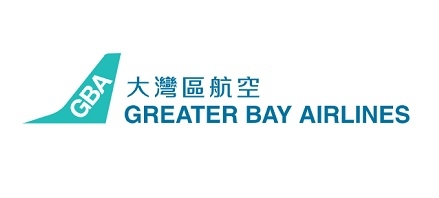
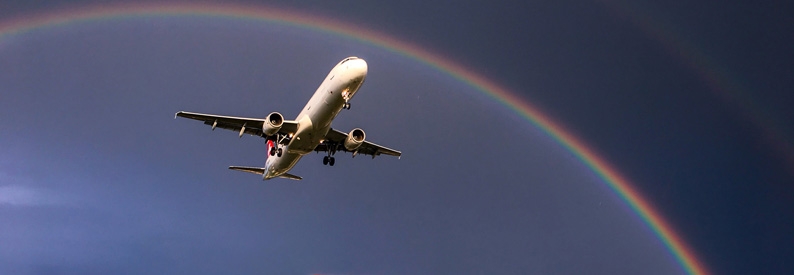
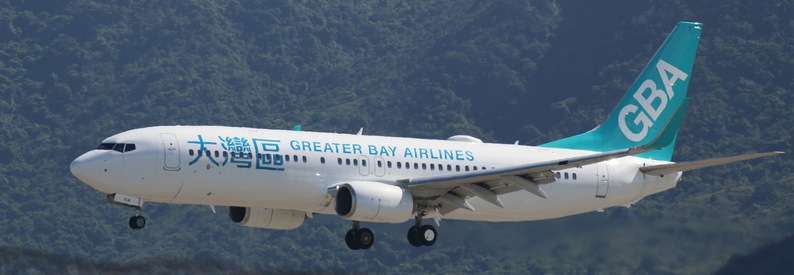
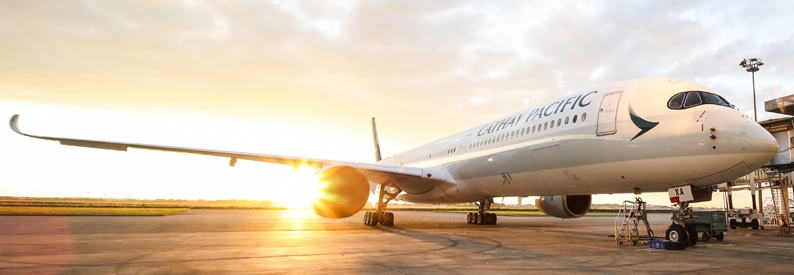
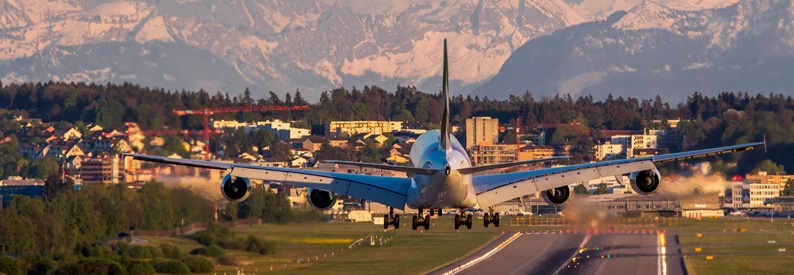
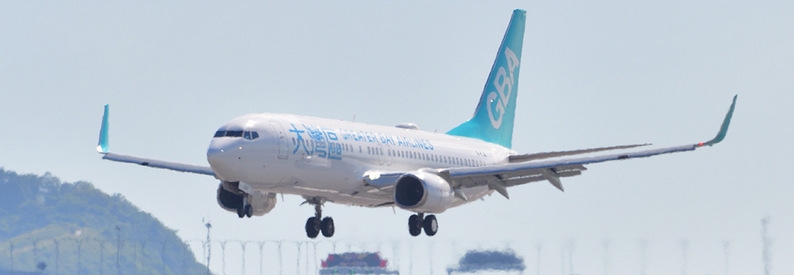
Editorial Comment: Updated to include aircraft information provided by Greater Bay Airlines. - 10Oct2023 - 08:12 UTC